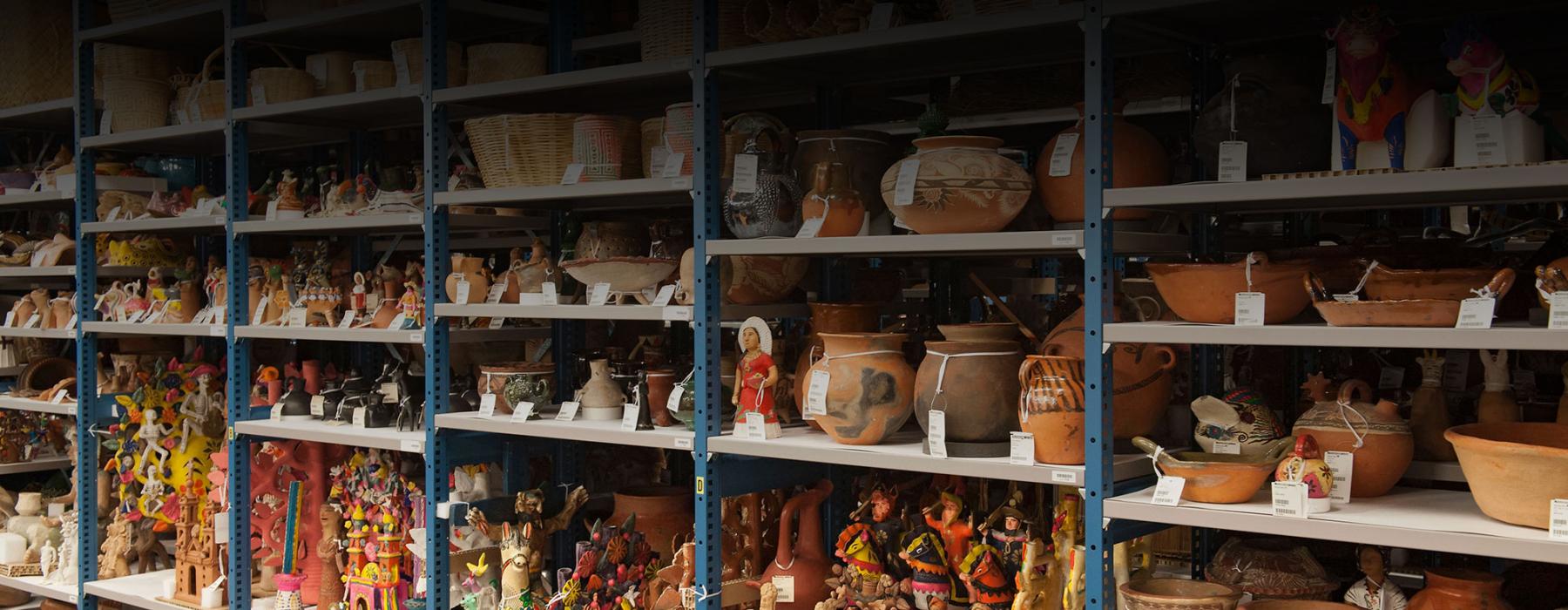
Realism is a concept usually associated with scientific objectivity or with philosophical conceptions of the "fact of the matter". In literature it denotes the social/historical novel with its complex portrayals of character and milieu. What does realism mean in museum contexts, especially those concerned with cross cultural translation? What forms can realism take in changing times?
Today ethnology museums feel increasing pressure to justify their existence. In response, many are transforming themselves into centers for "world arts and cultures". They experiment with new spaces of performance and dialogical modes of presentation.
This lecture explores emergent practices of display and reception--reflexive and postcolonial. It weighs their ability to deliver complex, historically embedded, "realist" truths about selves and others in a decentered world.